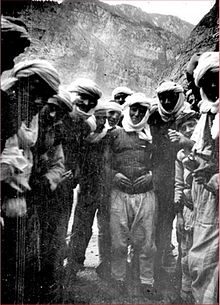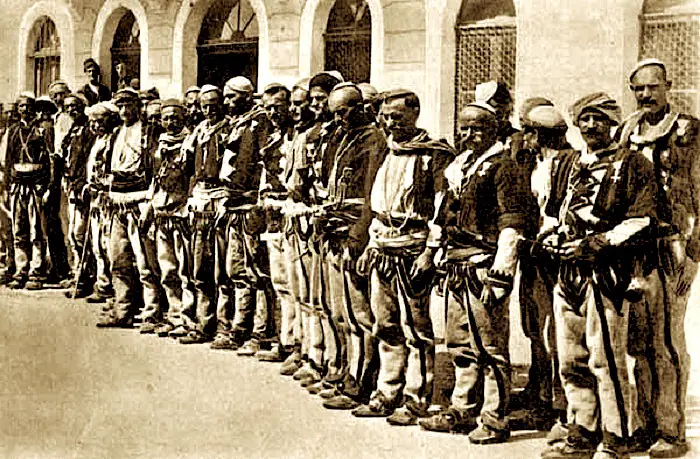Excine
Regular Member
- Messages
- 376
- Reaction score
- 153
- Points
- 43
- Ethnic group
- Albanian
- Y-DNA haplogroup
- E-FT19186
- mtDNA haplogroup
- H2a1c

Sak Faslia, this one is most typical for Rugove it looks like.
This one is similar to what my great grandfather wore.

Of course the infamous photo of some Kelmendi tribesmen in Northern Albania.
Nik Lek Pepa also Kelmendi
Seems like the Shalle was widely used in this era; Also in Peshter (Sandzak) it was used commonly too.

Also, notice how the plis seems to have been a bit smaller in general, or its either that there wasn't enough material to make it larger.





